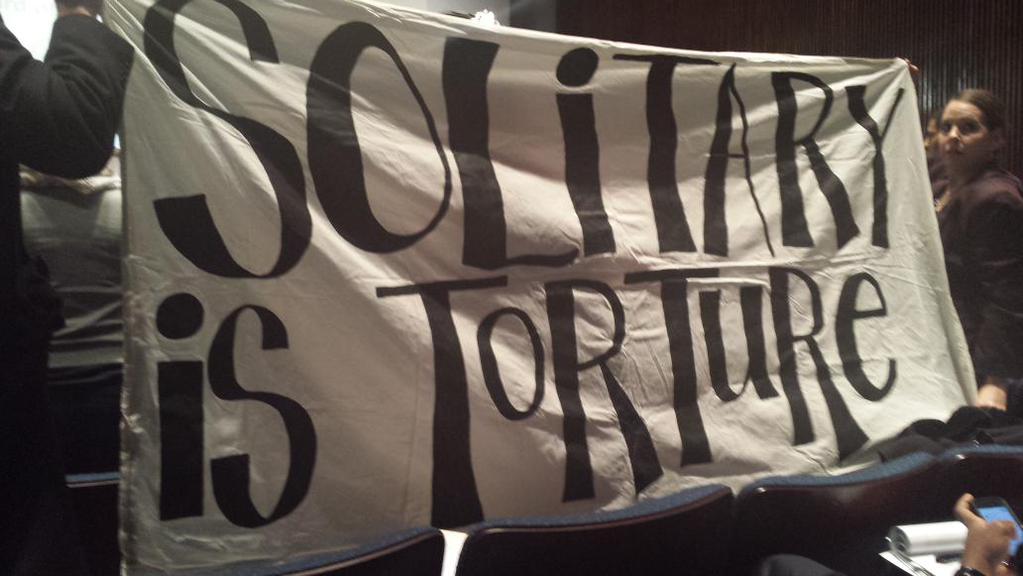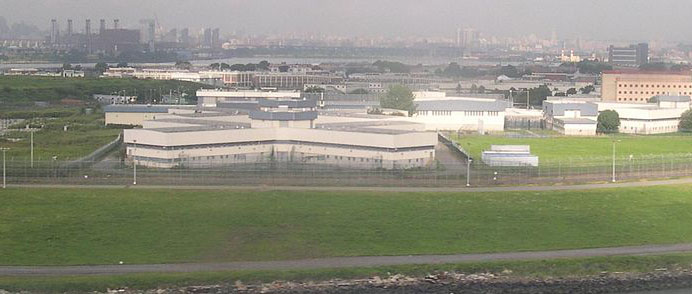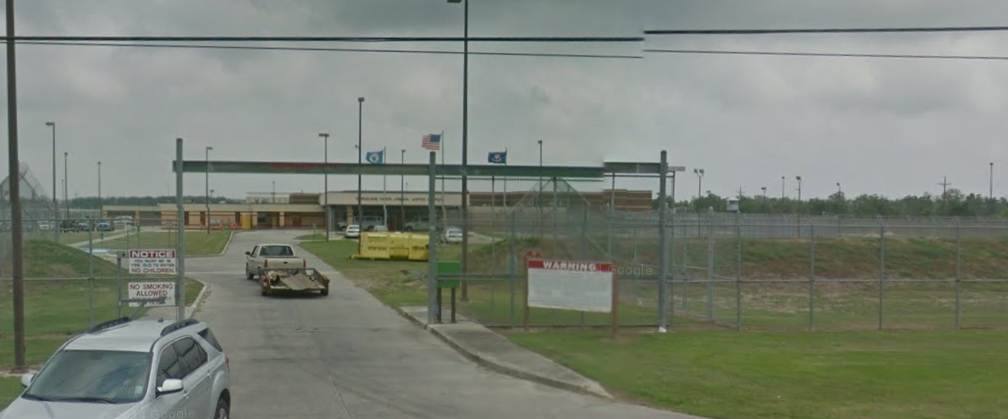Under Mayor de Blasio’s new preliminary budget, 282 correction officers would be brought on to oversee New York City’s juvenile prisoners as funding for staff and alternative programming doubles to $25.3 million in 2016 — the year NYC is scheduled to end solitary confinement for 18-21 year olds.
The mayor’s proposal, which arrives amid a federal lawsuit and several bombshell investigations concerning conditions in the city’s jails, also includes:
- Funding for 6 new staff at the Department of Investigation to investigate “Department of Correction excessive use of force allegations and allegations of criminal conduct.”
- A $1.8 million infusion to troubled private healthcare provider Corizon to provide additional medical and mental health staff for the new Enhanced Supervision Housing Unit (ESHU) for solitary confinement.
- Expanding the hiring task force known as the Applicant Investigation Unit and re-establishing a dedicated recruitment unit in an effort to fight the epidemic corruption and abuse among newly-hired CO’s.
- Provisions for 10 new corrections officers to monitor feeds of the new $15 million security camera network and 6 more CO’s for expanding the canine unit.
- Significant collective bargaining increases for the officers’ unions
It’s important to note that last month, just before the city voted to ban solitary for prisoners 21 and under, and just after several successive months of mounting public pressure to reduce guard-on-inmate violence, the Board of Correction (BOC) amended its proposed rule change to include the condition that the youth solitary ban only take effect if ‘adequate funding for staff and alternative programming’ is available in 2016.
This was also the same vote that authorized the construction and staffing of the controversial $15 million ESHU, which shocked former prisoners, families and advocates when it was announced and led to protests at the BOC hearings and final vote.
The combination of nearly 300 more corrections officers, a boatload of funding and a new solitary unit has turned a well-intentioned effort to end youth prisoner abuse into a deepened commitment to youth incarceration and solitary confinement. This is hardly a fair compromise. As far as I can tell, no comparable effort or funding has been afforded to getting juvenile prisoners out and into programs, treatments and settings that might actually help them.
The New York City Council has yet to respond to the mayor’s budget, but if it were to meet these conditions, the corrections officers and the dues-collecting unions that represent them would arguably stand to gain more from these “reforms” than the city’s chronically victimized prisoners.






